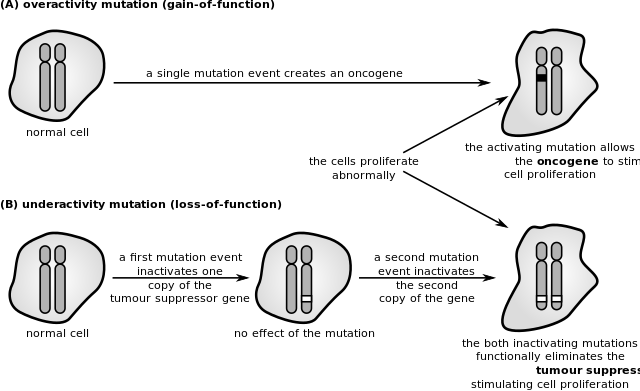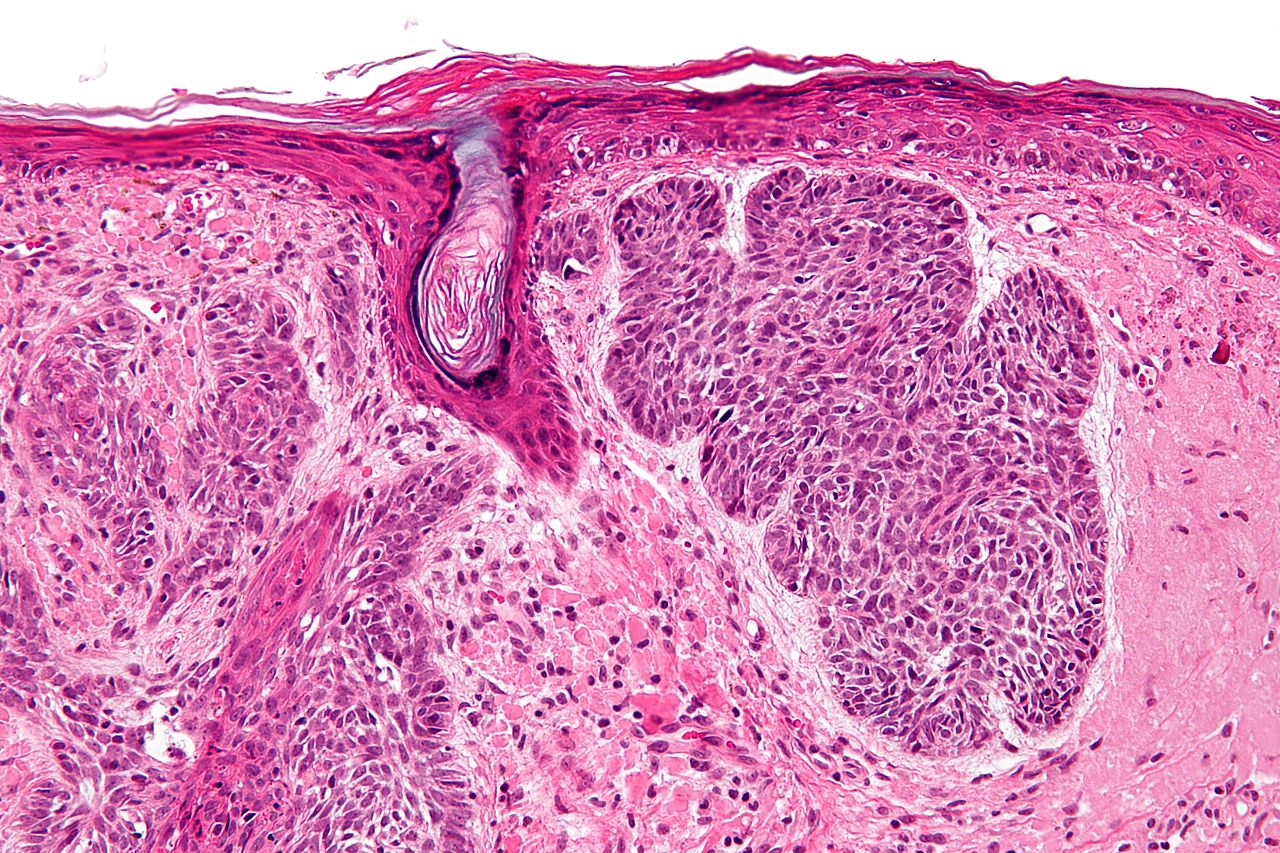A myriad of confusing terminology, its genetic basis, and its singular, misleading name, make no other human disease as confusing and fear-inducing as cancer. In the first of our Educational Summary series, we explain what causes cancer and what is it, exactly?
Despite the singular nature of its name, there are over 200 different types of cancer. Globally, there were approximately 18 million new cases of cancer diagnosed in 2020, leading to around 10 million deaths (in the United States, the number of new cases and deaths reported in 2023 were 2 million and 600,000, respectively*). Common cancers include those that occur in solid tissues, such as the breast, lung, colorectal tract, and connective tissues, as well as those that impact blood and the immune system. Given its incidence and complex biology, cancer is one of the most recognised and misunderstood human diseases.
To properly understand and define cancer, we first need to look at how cancer develops. Cancer is a genetic disease caused by mutations — such as missense, nonsense, and/or frameshift mutations, as well as chromosomal rearrangements — in genes that govern how cells grow and divide. Genetic mutations happen due to the random accumulation of errors occurring in genes over time as cells divide, environmental factors, such as tobacco use or exposure to asbestos or ultraviolet radiation, and genetic inheritance, which increases susceptibility to developing cancer.
In cancer, mutations tend to impact genes that produce proteins that ordinarily drive cell division, called oncogenes, and genes that produce proteins that control and regulate cell division, called tumour suppressor genes. Oncogenes can be thought of as the accelerator of the cell cycle, speeding up cell growth and division at appropriate times, whereas tumour suppressor genes act as the break; mutations in these genes lead to the accelerator of cell division acting as though it is always pressed down and the break no longer working. Cancer is therefore a disease in which some cells lose control of the cell cycle leading to uncontrolled and rapid cell growth and division. These cancerous cells form a tumour, which can become invasive — either in local tissue structures or to other parts of the body, which is defined as metastasis.
“Cancer is a disease in which a subset of cells grow and divide uncontrollably, forming a tumour that becomes locally invasive, before potentially spreading to other parts of the body.”

Due to these mutations, and further adaptions over time, tumours develop a litany of behaviours that allow it to survive and become invasive. These include gaining mutations in oncogenes and tumour suppressor genes, causing uncontrolled and rapid cell growth and division, signalling new blood vessels to supply the tumour with oxygen and nutrients (a process called angiogenesis), and gaining the ability to evade the immune system, which would usually seek to eradicate the tumour.
Traditional approaches to treating cancer, such as chemotherapy and radiotherapy, work by targeting the rapid cell division of cancer cells. However, these therapies are non-specific, meaning that they target all cells undergoing cell division, such as hair. Novel approaches have since been developed to treat cancer, which target specific proteins that help tumours survive and become more aggressive, as well as proteins that help tumours to evade the immune system. Targeted therapies are much more effective than chemotherapy and radiotherapy, as well as being generally better tolerated by patients.
*For epidemiological data by subtype of cancer, please see the SEER database: https://seer.cancer.gov/statfacts/.
The following pages were used to develop this article. Data described are accurate as of January 16, 2024.
Cancer Research UK factsheet. Available at: https://www.cancerresearchuk.org/about-cancer/what-is-cancer/how-cancer-starts/types-of-cancer.
SEER. Cancer factsheet. Available at: https://seer.cancer.gov/statfacts/.
Cancer Research UK. Worldwide cancer statistics. Available at: https://www.cancerresearchuk.org/health-professional/cancer-statistics/worldwide-cancer#heading-Zero.


Leave a Reply
You must be logged in to post a comment.